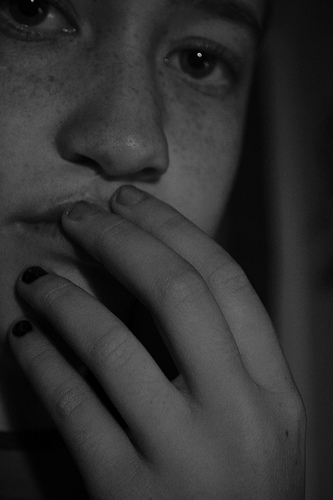
What We Are Not Being Told about Suicide and Depression
For nearly two decades, Big Pharma commercials have falsely told Americans that mental illness is associated with a chemical brain imbalance, but the truth is that mental illness and suicidality are associated with poverty, unemployment, and mass incarceration. And the truth is that American society has now become so especially oppressive for young people that an embarrassingly large number of American teenagers and young adults are suicidal and depressed.
February 15, 2015 | Source: Alternet | by Bruce E. Levine
For nearly two decades, Big Pharma commercials have falsely told Americans that mental illness is associated with a chemical brain imbalance, but the truth is that mental illness and suicidality are associated with poverty, unemployment, and mass incarceration. And the truth is that American society has now become so especially oppressive for young people that an embarrassingly large number of American teenagers and young adults are suicidal and depressed.
In November of 2014, the U.S. government’s Substance Abuse and Mental Health Services Administration (SAMHSA) issued a press release titled “Nearly One in Five Adult Americans Experienced Mental Illness in 2013.” This brief press release provides a snapshot of the number of Americans who are suicidal, depressed, and mentally ill, and it bemoans how many Americans are not in treatment. However, excluded from SAMHSA’s press release—yet included in the lengthy results of SAMHSA’s national survey—are economic, age, gender, and other demographic correlates of serious mental illness, depression, and suicidality (serious suicidal thoughts, plans, or attempts). It is these demographic correlates that have political implications.
These lengthy results, for example, include extensive evidence that involvement in the criminal justice system (such as being on parole or probation) is highly correlated with suicidality, depression, and serious mental illness. Yet Americans are not told that preventing unnecessary involvement with the criminal justice system—for example, marijuana legalization and drug use decriminalization—could well prove to be a more powerful antidote to suicidality, depression, and serious mental illness than medical treatment.
Also, the survey results provide extensive evidence that unemployment and poverty are highly associated with suicidality, depression, and serious mental illness. While correlation is not the equivalent of causation, it makes more sense to be further examining variables that actually are associated with suicidality, depression, and serious mental illness rather than focusing on variables such as chemical imbalances which are not even correlates (see AlterNet January 2015). These results beg questions such as: Does unemployment and poverty cause depression, or does depression make it more likely for unemployment and poverty, or are both true?
